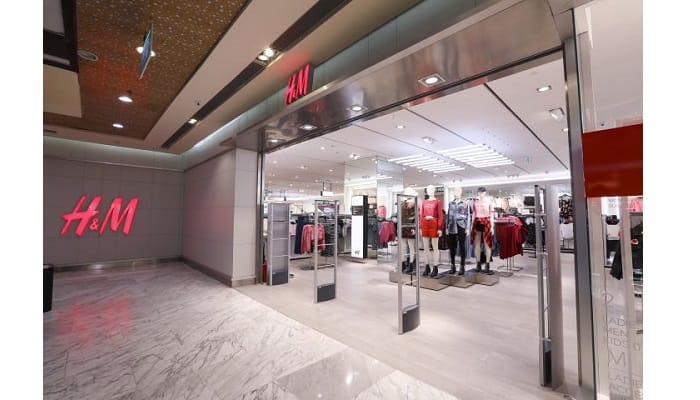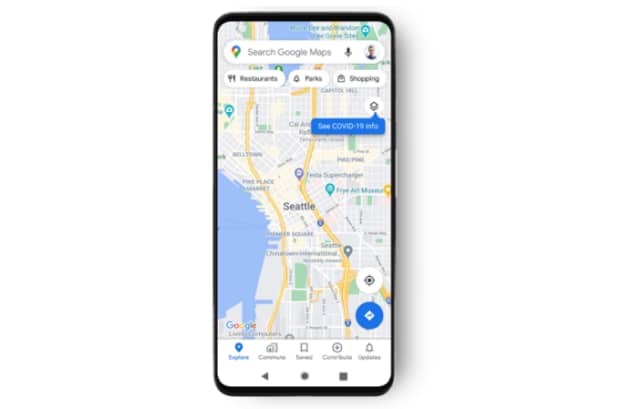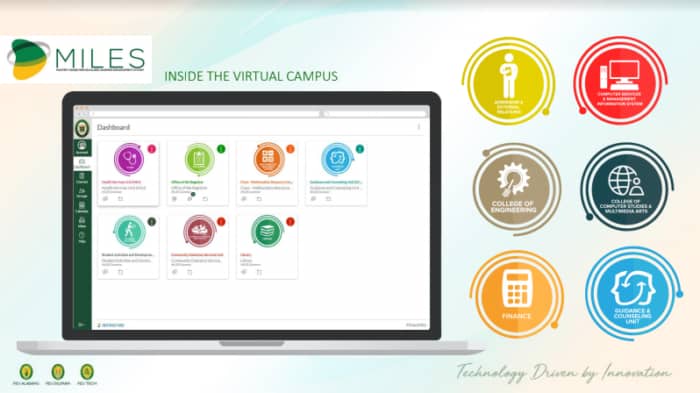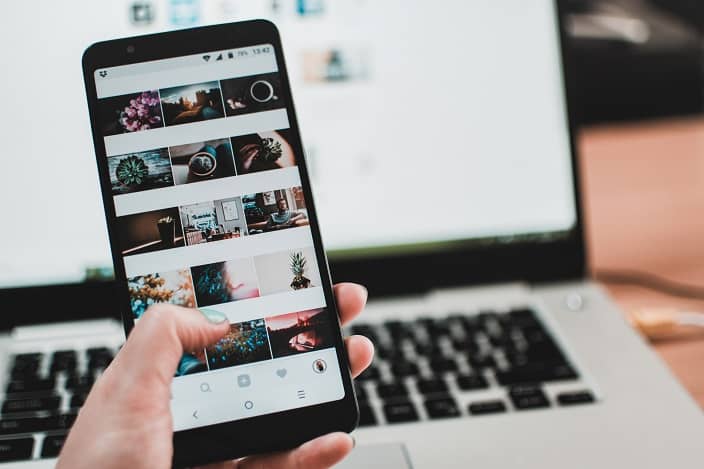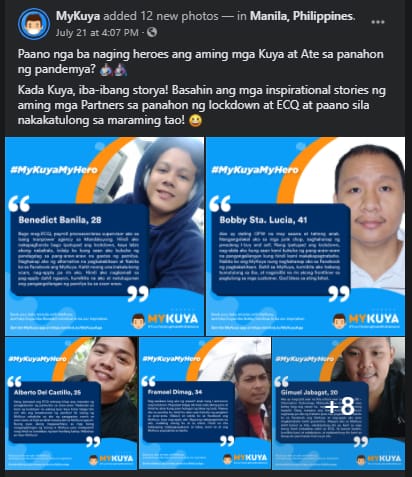Starting an online business is becoming more of an option amid the ongoing pandemic as more people are relying on online purchases to obtain their needs. Albeit such a trend, deciding to put up a digital business can still be a tricky affair, as you’re dealing with matters that of any other type of business such as setting up a capital, procuring suppliers for your products, and building a staff among others.
One of the considerations that must be taken into account is your marketing strategy, and with the influx of social media tools at your disposal, one must learn to leverage such tools in order to translate branding into sales, and eventually start seeing those bucks rolling in.
Social Media Strategist Janelle Swing of the entrepreneurship and freelancing group Filipina Home-based Moms (FH Moms) shares the best ways to do just that.
Janelle imparts six expert but doable steps the you can do right now to maximize the available online platforms, and eventually see an improved growth on your business online.
1. Product knowledge should be at the back of your hand
Start off by listing the features, benefits, and real of your products in order to identify how to properly draw your communication and marketing plan.
Janelle said that these three facets are essential for customizing branding and helping the product or service stand out amid a sea of online sellers breaking from the clutter
“As an entrepreneur, you must be fully aware of the product feature and offerings that you are selling. It builds credibility and institutes trust amongst your target customers,” said Janelle.
2. Identify your target audience
As an entrepreneur, you have to walk in your customers’ shoes and identify correctly your customers’ concerns, needs, and pain points. Once you have figured your business audience, you can come up with an effective marketing effort, content plan, and communication treatment to reach out to your target audience.
3. Identify your price points
As an online seller, it is important to identify accurate price points of your offerings. Reaching a reasonable price point will be based on factors like your target audience, their consumption habits, the market competition as well as the value for money the product offers.
Janelle further advises that an estimated price point lets you benchmark your position and helps you customize your communication plans for promoting your offerings and engaging well on social media without overdoing it. If gauged well, a well thought of price point can scale up a business to a great extent.
4. Craft a content strategy
An essential way to maximize social media reach for your business is to have a content strategy calendar in place, which if properly utilized can prove advantageous for most brands or businesses.
“It doesn’t have to be an expert strategy. But rather, you must identify what would best appeal to your audience. You just have to be able to use the existing tools of your platform in order to get the most out of it,” shares Janelle.
Showcase your products with multiple photos
While Shopping online you would want to vet a product and inspect the product details quite minutely before making a purchase. Similarly, it is essential that your customer gets to view different angles of the product you are cataloging in your website. Always make sure that you upload multiple photos that are shot well, backed by suitable lighting conditions and background, for your audience to fully appreciate it.
Leverage FB’s pinned post option
You can highlight the product or service that you want to feature with this option. It could also be an FAQ, or a “ways to order,” and descriptions showing available modes of payment in order for your customers to easily navigate their way and understand your offerings.
Use the auto-response feature
Using an auto-response feature is the best way to engage your customers, while you’re away. You can earn loyal and new customers depending on reliable and satisfactory customer service. With this auto feature, you can assist customers and answer their queries in real-time without having to log into your account every single time.
Use the FB live-selling feature
Part of your content strategy must include FB Live sessions to further engage your online audience. With this feature, you can directly engage with your audience in an instant while also offering your product and services. However, live sessions must be well planned in advance and spaced out adequately to build a sense of anticipation amongst your audience. Do not rush into these sessions, live selling is a terrific opportunity and if leveraged well, can have a reaching impact for your brand and business.
5. Find a bankable supplier to tend to your overall business needs
Apart from a considerable social media presence, as a seller, you should have access to the best available space to procure your regular supplies.
Always make sure that your supplier is a legitimate source of products with trusted sellers and offers dedicated customer service.
6. Your creative materials are the most essential tools
Presenting a fetching catalog of product photos is no easy task – it takes a good amount of creativity and adequate photo skills to make your product stand out from the clutter of online sellers. There are a lot of good options to curate highly engaging content online as per your business taste and needs.
Use Canva
“For starters, you may use Canva in creating your layout. This is an easy- to-use platform where you can use templates to layout your product photos, plus it is free. You just have to be consistent with the colors and template style of your photos to have an effective brand recall and brand association,” said Janelle.
Using social media to get positive leads and generate revenue doesn’t need a big budget. As an entrepreneur, you need the right attitude, a positive and go-getter mindset, and the ability to tap into free online tools at your disposal to unlock the social media prowess and strive towards a successful online business venture.
This article is brought to you by Zilingo Philippines.


